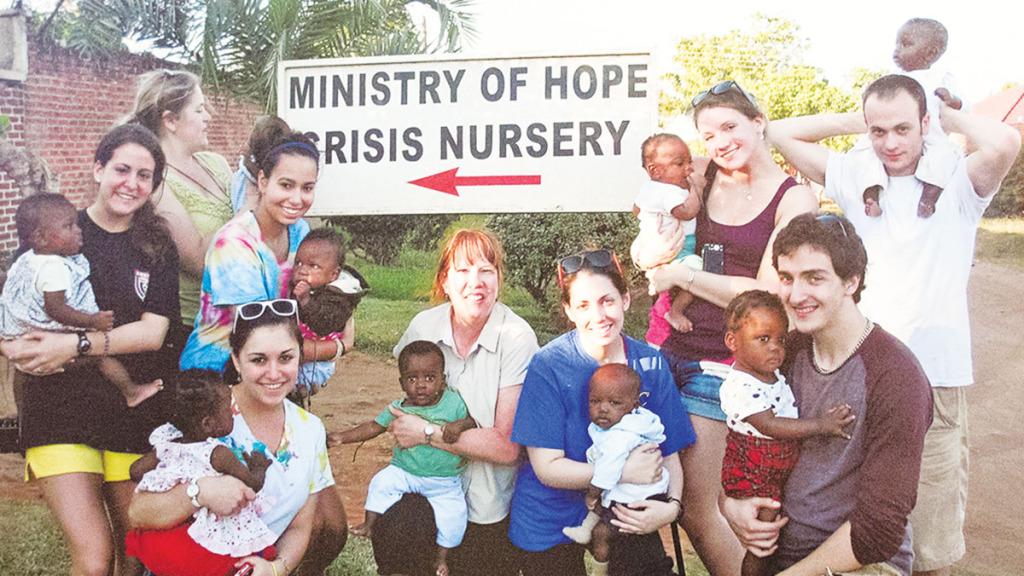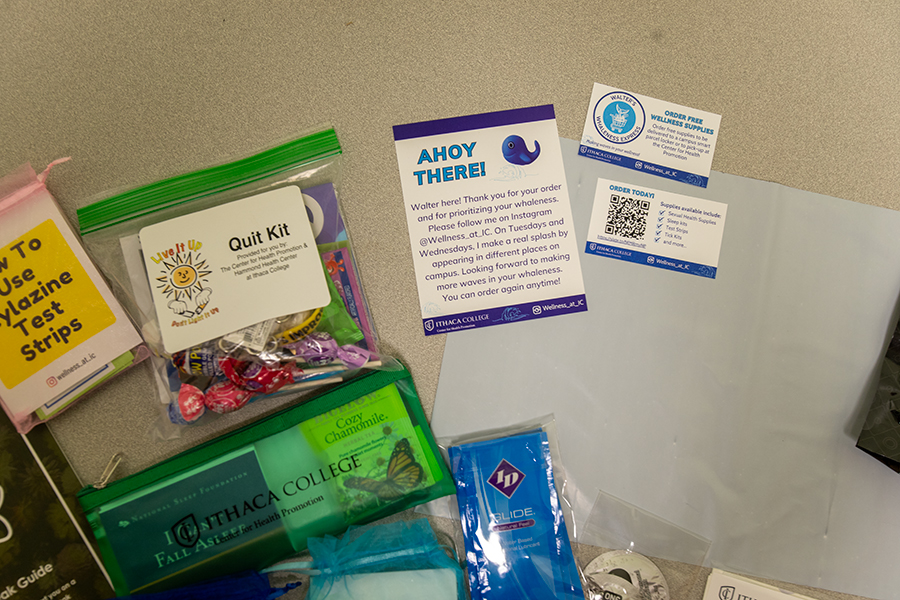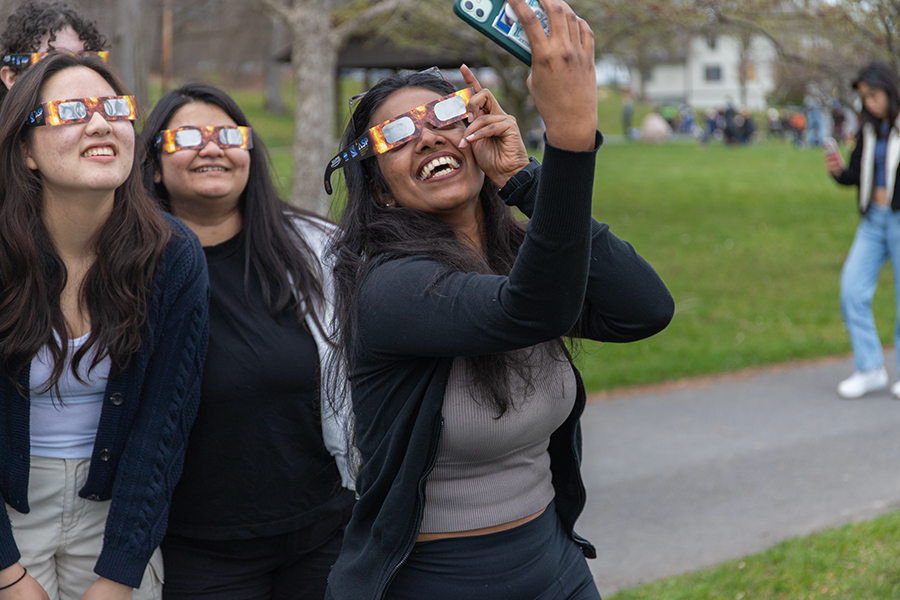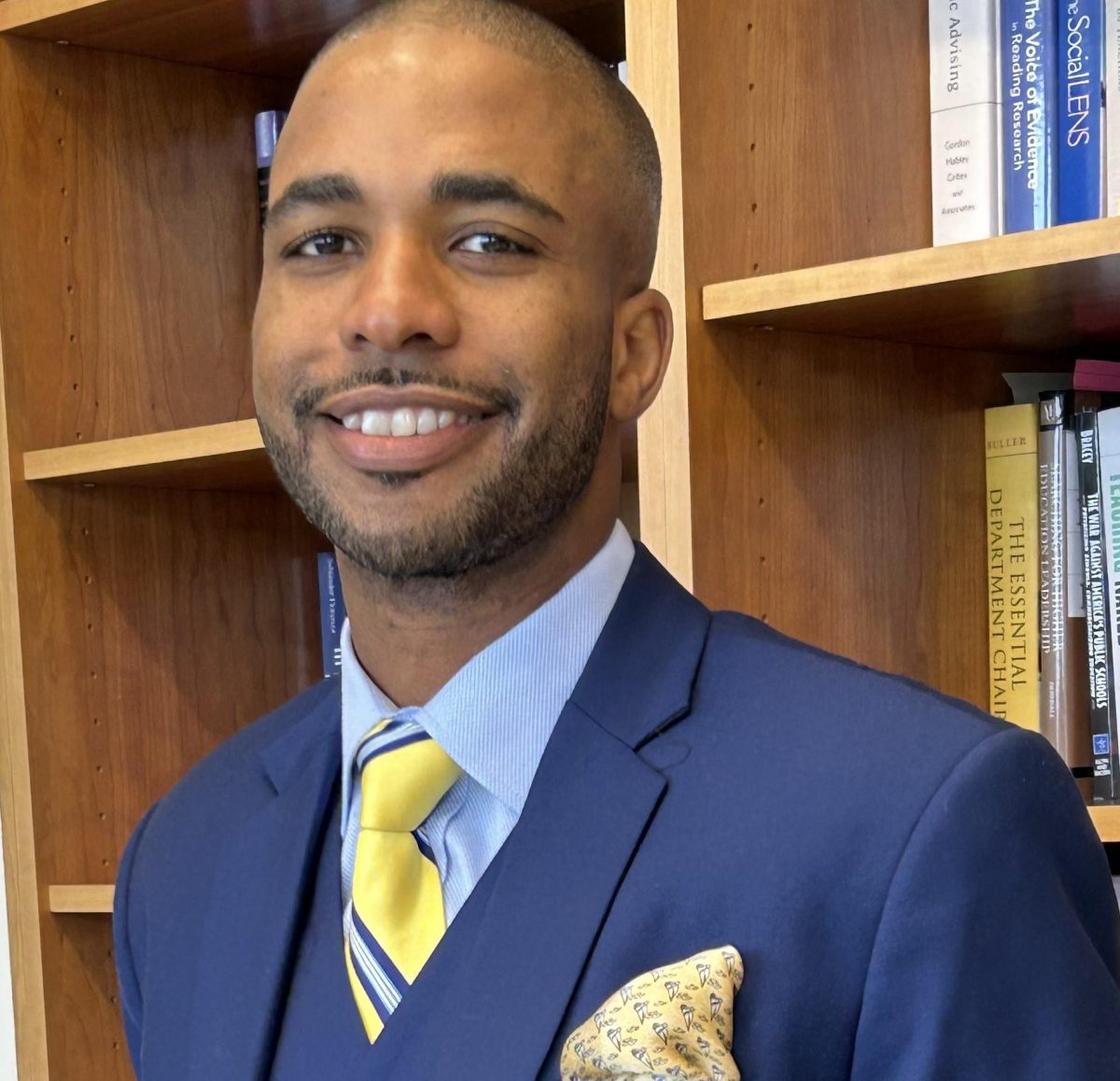While Ithaca College offers study-abroad programs for full semesters, faculty and staff members have taken it upon themselves to create short-term programs for students who want a similar experience.
Mary Taylor, a registered professional nurse who works in the Hammond Health Center at the college, is one of the few faculty and staff members who has started her own short-term study-abroad trip. Each summer, Taylor brings about seven interested students who are interested and academically eligible to Malawi, which she said is known as the “warm heart of Africa.” However, if not enough students who have taken the course sign up, then the trip opens up to all students.
“What [the people in Malawi] do is they self-triage,” she said. “Like ‘oh, you are sicker, you go ahead of me.’ When I noticed what was happening, it was so wonderful because [in the United States] people are impatient, like, ‘I’ve got to wait for the doctor,’ and [in Malawi], they’re just very grateful.”
Taylor said on this trip, which will take place June 1–15 this year, students will feed babies from nearby orphanages; work in mobile medical clinics, which are offered through an organization called the Ministry of Hope; go for swims in nearby lakes; and go on safaris to see the wildlife.
“We bring extra pairs of hands, funding to buy medicines, and it’s just mutually beneficial for the Malawians and us,” she said.
Taylor said while she was a student at Ithaca College, she wrote a proposal to the School of Health Sciences and Human Performance to intern in Malawi. Once she was there, she fell in love with the people and the country. She said after she graduated, the dean of HSHP asked if she would go back and take students with her.
“I said of course,” Taylor said. “I love students and I love Africa. So this will be our fifth trip.”
Taylor said the experiences that students gather from the trip to Malawi are eye-opening. She said many students don’t necessarily work this closely with poverty and they also learn how to work in a close-knit community with others.
“We learn from the Malawians about compassion for one another,” Taylor said. “[The students] see it in action with how people treat each other: how the nannies take care of the orphans, how the doctors take care of these patients.”
The Application deadline for Malawi is Feb. 20, 2015.
Similarly, Susan Allen-Gil, professor of environmental studies and science, said she finds that students who partake in her short-term study-abroad trips find it to be one of the most transformative learning experiences that they have had.
“Many students haven’t gone outside of the United States before, and so this gives them a chance to see an entirely different way that people live,” Allen-Gil said.
Allen-Gil offers a two-week trip to the Central American country of Belize, where students take trips to landmarks, meet with people from different cultures in the country and work with a traditional healer.
Allen-Gil said students must first complete the course Rainforests, Reefs, and Ruins: Belize Case Study, a course offered in the fall before traveling to Belize, which occurs annually in January.
In this class, students learn about Belize’s history from the ancient Mayans to the present, what resources they have in terms of agriculture and how they have developed over time. They also take an interdisciplinary look at the country, which Allen-Gil said she thinks is the most important aspect of the trip.
She said leading up to the trip, students read a book during their class about traditional healing, which was written by an American woman who apprenticed with a traditional healer in Belize.
However, Allen-Gil said reading a book doesn’t compare with physically going out with a traditional healer and collecting the plants to make treatments for something like a bug bite.
“[The trip] really reinforces all the information that’s taught on campus in ways that I find it’s difficult to do on campus,” she said.
The Belize program is not currently accepting applications.
Hormoz Movassaghi, professor of finance and international business, partners with HSHP to go to China with students, where they visit hospitals, take classes that focus on health care and go on cultural excursions together. However, they focus more on the business, sports industry and health care industry aspect.
Movassaghi said the students spend one week in Beijing and one week in Shanghai, and during this time they visit companies that are entirely owned by China, such as steel factories and joint ventures like General Motors and Motorola.
“For me, it has always been about the students in terms of maximizing the educational value, or providing opportunity for the students to grow,” Movassaghi said.
He said the college works with partner programs from universities in China, where he and the students visit and stay on campus.
Like the other short-term study-abroad programs, Movassaghi said, students who attend the trip have to take a block course during their fall semester in order to learn about the history, culture, language, economy and issues that people face in China.
“The most rewarding aspect for me is the students themselves sharing their experience and categorizing it as one of their best transformational experiences of their life. Even though it’s only for two weeks, they have found it very rewarding,” he said.
The application deadline for the program in China is Dec. 25.
All applications and information about the short-term study-abroad programs can be found online on the Office of International Programs’ website at ithaca.edu/oip/.
This article has been updated to reflect the following change: The original article listed a prerequisite course for the Malawi short-term study abroad trip.







